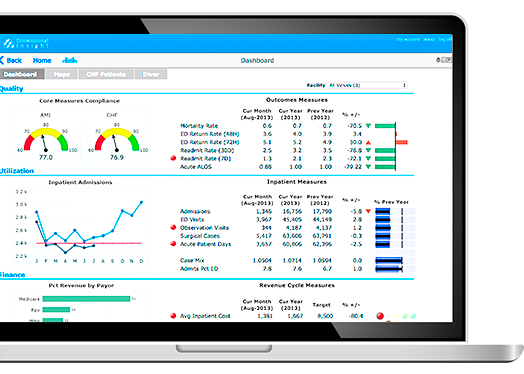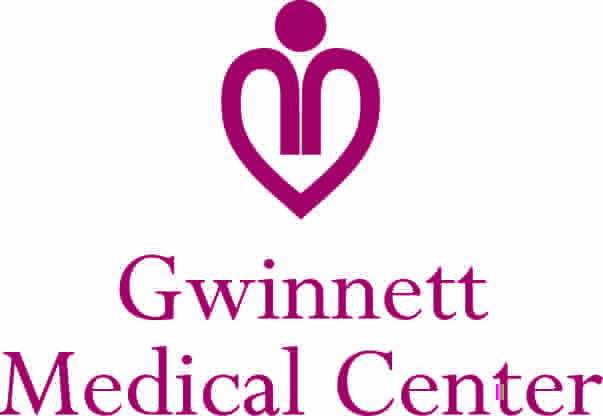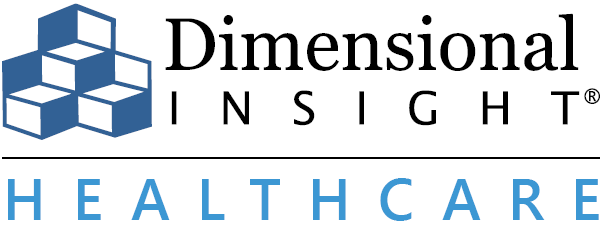Getting Physicians to Buy in to Performance Management by Focusing on Trust and Teamwork


Data-Driven Streamlining of ICU Resource Utilization
Enhanced Physician Performance Metrics:
Enabled comprehensive evaluation of individual physician and hospital performance based on key ICU-specific measures and best practices.
Improved Data Integration and Access:
Unified disparate data sources into a singular platform, reducing information silos and facilitating access for critical decision-making.
Accelerated Decision-Making:
Empowered operational leadership with timely data, facilitating quick modifications and more informed decisions across service areas.
Facilitated Data-Driven Mindset Shift:
Transitioned healthcare professionals towards utilizing more timely, data-driven decision-making processes, challenging traditional practices.
Increased Operational Efficiency:
Streamlined data review processes for ICU resource utilization metrics, optimizing focus areas for performance enhancement.
Daily Utilization of Business Intelligence:
Encouraged daily usage of Diver in meetings, enabling interactive analysis and informed decision-making at all organizational levels.
Ongoing Performance Improvements:
Persistent utilization of business intelligence to continually enhance metrics, promising significant ongoing impact on GHS’s operational efficiency.
Overview
Gwinnett Health System (GHS) is the parent company of Gwinnett Medical Center (GMC), Gwinnett Medical Group and Sequent Health Physician Partners. GHS employs 5,000 associates and has 800 affiliated physicians serving more than 400,000 patients annually. Gwinnett Medical Center (GMC) is a nationally recognized, not-for-profit healthcare network with acute-care hospitals in Lawrenceville and Duluth.
Additional facilities include: the Gwinnett Women’s Pavilion, the Gwinnett Extended Care Center, Glancy Rehabilitation Center, outpatient health centers and surgical centers, imaging centers and outpatient physical, occupational and speech therapy facilities.
GMC had data solutions that were functional but not well-used, so the health system teamed with Dimensional Insight to build a business intelligence solution that would provide dashboards to users and support the hospital’s new intensivist program.

Getting buy-in from decision makers
GMC started a new intensivist program in its four ICUs in early 2016. As the program got under way, GMC wanted a business intelligence solution in place that would provide it with a baseline to show how the hospital and individual physicians performed on a variety of measures. Moving forward, it wanted to use this information to determine best practices in the ICU and measure physician performance against these best practices.
The hospital looked at some ICU-specific analytics solutions as well as some enterprise solutions. Ultimately, the hospital selected Dimensional Insight’s Diver Platform (Diver), an enterprise-wide business intelligence platform.
The Director of Enterprise Data Analytics at Gwinnett Medical Center, Beth Grimes, says Dimensional Insight’s reputation in healthcare analytics helped set the company apart. Dimensional Insight had a defined deliverable and its product allowed GMC to get not only the ICU-specific dashboard that they were looking for, but also solutions for the entire hospital using the same data sources.
The Director of Enterprise Data Analytics at Gwinnett Medical Center, Beth Grimes, says Dimensional Insight’s reputation in healthcare analytics helped set the company apart. Dimensional Insight had a defined deliverable and its product allowed GMC to get not only the ICU-specific dashboard that they were looking for, but also solutions for the entire hospital using the same data sources.
It was important to achieve buy-in related to this decision. Grimes says one of the factors that helped sway the decision-makers at GMC was Dimensional Insight’s demonstration of the product and their healthcare knowledge. “The demo was very thorough and our physicians were very impressed,” said Grimes. “Dimensional Insight was able to answer every single question our CMO had and we were able to meet his needs.”
“We’re trying to get into every single meeting we can, and instead of bringing a flat report, to bring up Diver, let the members ask questions, dive down into the details for answers, and make decisions during the meeting.”
Progress requires a step-by-step look at the data
Now that GMC has one platform to access this data, it’s important to avoid information paralysis. This means the teams are systematically looking for areas in which it can make quick improvements.
“While our operational leadership was struggling to review data from various systems that did not always tie together due to differences in definitions, I think now they’re overwhelmed with the aggregation of data in one platform. We were used to making practice modifications based on data specific to a service area, but not necessarily seeing the downstream effects of those changes.”
To make the data more manageable, Grimes says GMC is looking at some of the high-profile resource utilization metrics on the ICU dashboards and helping leadership find the areas where they need to begin to delve into the data.
Another challenge, Grimes says, is changing mindsets. “Healthcare is an industry where we have learned to make a lot of decisions based on pockets of data because access to large amounts of
timely data has been limited. When working with a department like nursing, moving to using more-timely data is tough because nurses are not used to having it at their fingertips. Using more timely data, enabling them to make data-driven decisions quickly, to see the data following any practice changes, and allowing them to continuously adjust, is a big move. Healthcare hasn’t had the data platforms that are available today. Making that shift is really what we’re all about right now.”
Grimes is also working with the operational leadership at GMC to get in the routine of using Diver on a daily basis. “We’re trying to get into every single meeting we can,” Grimes says, “and instead of bringing a flat report, to bring up Diver, let the members ask questions, dive down into the details for answers, and make decisions during the meeting.”
This process has already enabled GMC to move some metrics forward, and Grimes says the sooner the organization makes this an everyday occurrence, the sooner business intelligence will make an even bigger impact at Gwinnett Medical Center.
Download case study

Organization
Gwinnett Medical Center
Industry
Healthcare
Location
Headquartered in Traverse City, Mich.; 9 locations in Northern Michigan
Revenue
$809 million
Beds
553
Employees
5,500
Customer since
2015
Website
www.gwinnettmedicalcenter.org
Solution
Diver Platform with Measure Factory, Surgery Advisor
